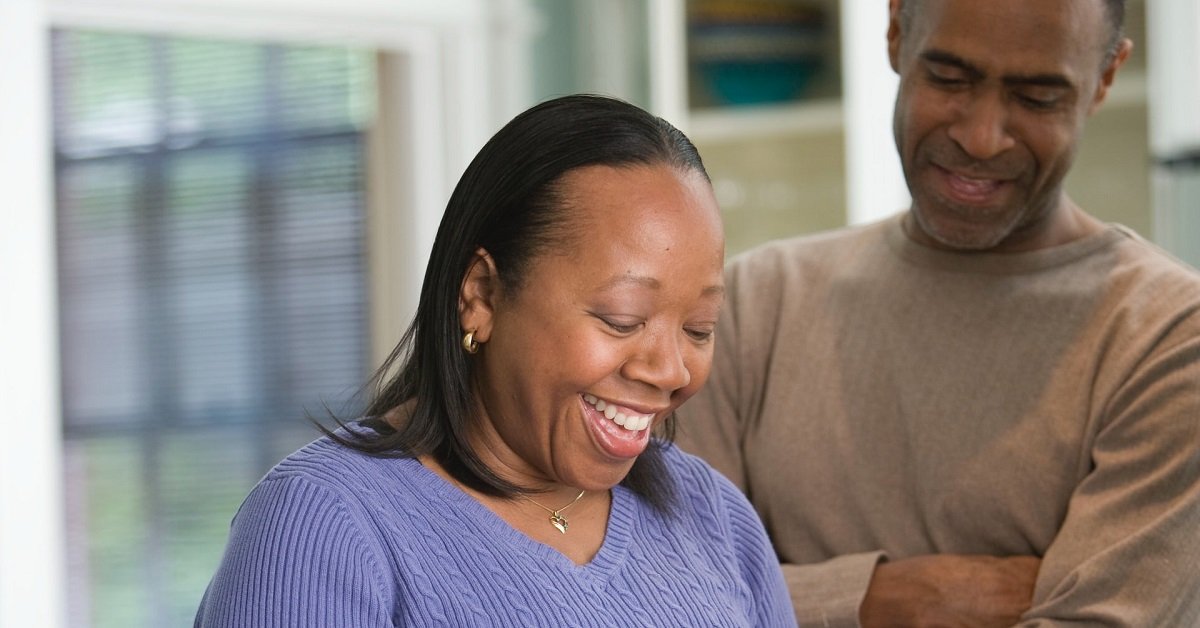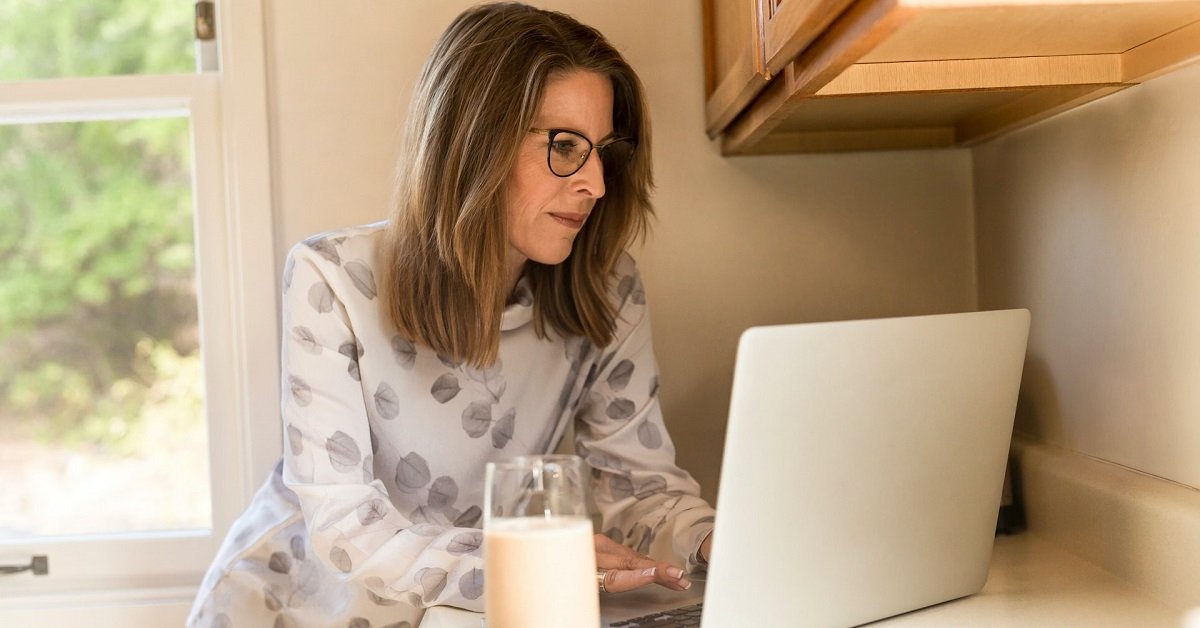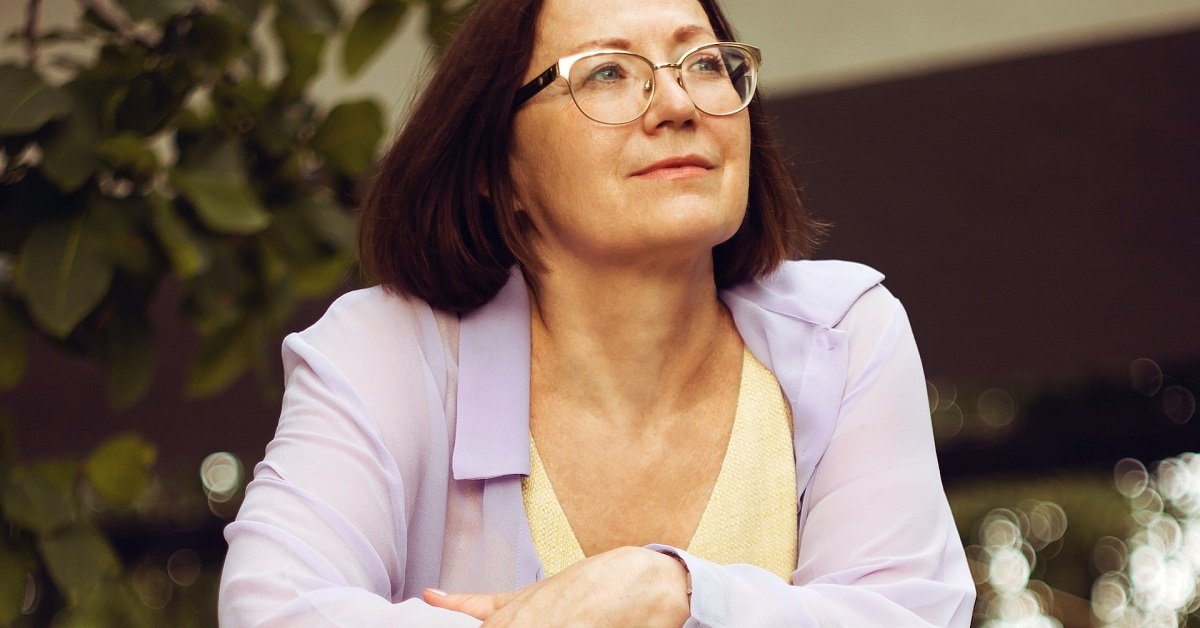Women may be more prone to developing rheumatoid arthritis and osteoarthritis during menopause, especially in their hands. Osteoarthritis is mainly caused by wear and tear to your joints. Rheumatoid arthritis, on the other hand, is an autoimmune condition. This indicates that your immune system, which normally fights infection, accidentally destroys the cells that surround your joints, resulting in swollen, stiff, and painful joints. Keep reading to learn how to treat menopause joint pain in the West Midlands.
Why do my joints hurt during menopause?
Joints and the connective tissue that holds the skeleton together can be impacted by oestrogen loss. This causes generalised muscle discomfort, stiffness, and aches.
It may be challenging to distinguish between arthritis pain and menopausal symptoms if you have an underlying joint issue. Even though having pains and aches does not always indicate that you have arthritis, it is important to know when to seek out more assistance and guidance.
What causes joint pain?
The development of musculoskeletal pains and aches during menopause is believed to be significantly influenced by oestrogen. Oestrogen has an impact on your bone turnover (the body’s normal replacement of bone), which can contribute to inflammation and discomfort. Cartilage, the connective tissue in joints, is also impacted by oestrogen.

Is joint pain linked to any particular stage of menopause?
Musculoskeletal pain may be felt at any point during menopause. According to anecdotal evidence, it can be a precursor to menopause in some people before any additional symptoms appear.
How do I know if I’m going through menopause?
A change in the regular pattern of your menstruation is sometimes the first indication of menopause. It’s possible that you’ll start getting abnormally light or heavy periods.
Your menstrual cycle frequency may also be altered. You might get one every 2 or 3 weeks, or you might go months without getting one. You’ll eventually stop getting periods entirely. Although each woman will go through menopause uniquely, there are certain typical symptoms to watch out for. Some of these can be unexpected, while others you’ll be aware of.
Knowing the typical menopause symptoms and how they could influence you can be quite beneficial. The extent, severity, and significance of the symptoms are often unanticipated by many women.
Other common menopausal symptoms that women may experience include:
- Hot flushes
- Night sweats
- Reduced sex drive (libido)
- Vaginal discomfort and dryness during sex
- Difficulty sleeping
- Low mood or anxiety
- Problems with memory and concentration

Should I treat menopause joint pain?
As hormone levels balance out and stabilise during menopause, the majority of women do notice that symptoms like joint pain start to lessen.
However, your overall health, stress levels, nutrition, exercise, and other factors may also play a role in this. Taking good care of yourself at this time is crucial.
I think I’m going through early menopause – how do I treat menopause joint pain?
Depending on your symptoms, blood tests to evaluate your hormone levels and your family history, a doctor should be able to determine whether you are experiencing early menopause. You might be referred to a specialist if need be.

Visit Knights Pharmacy to treat menopause joint pain in West Midlands or shop online at Chemist.net for menopause remedies.
This post was written on behalf of Knights Pharmacy by Pharmacy Mentor
Updated October 2022





